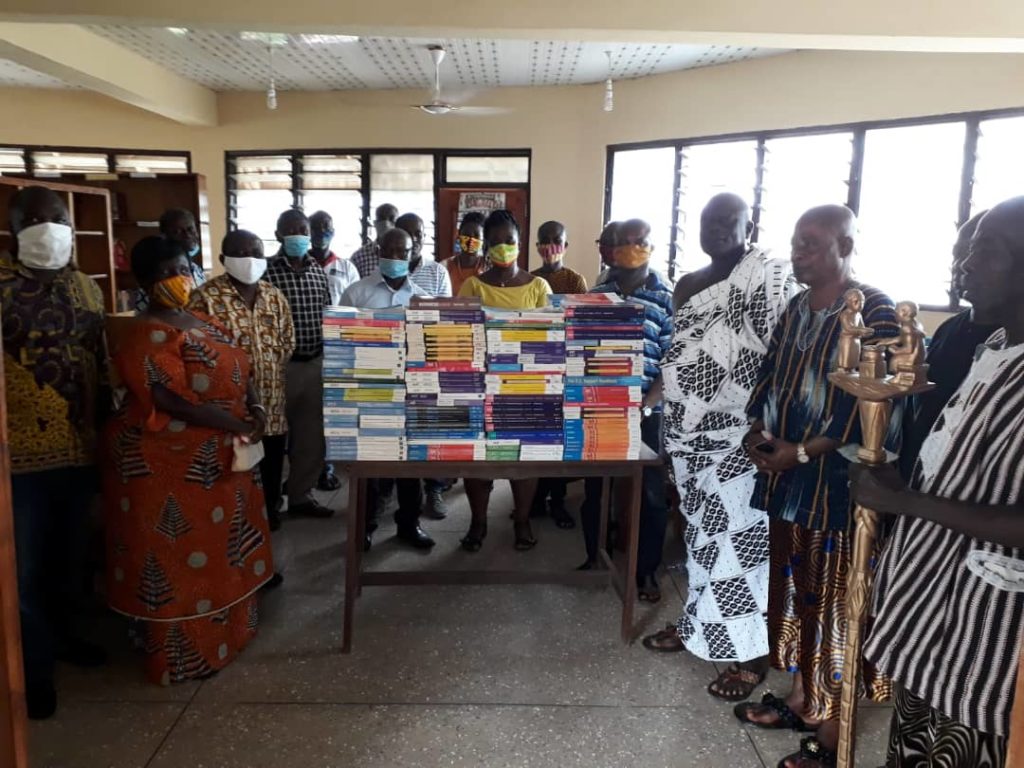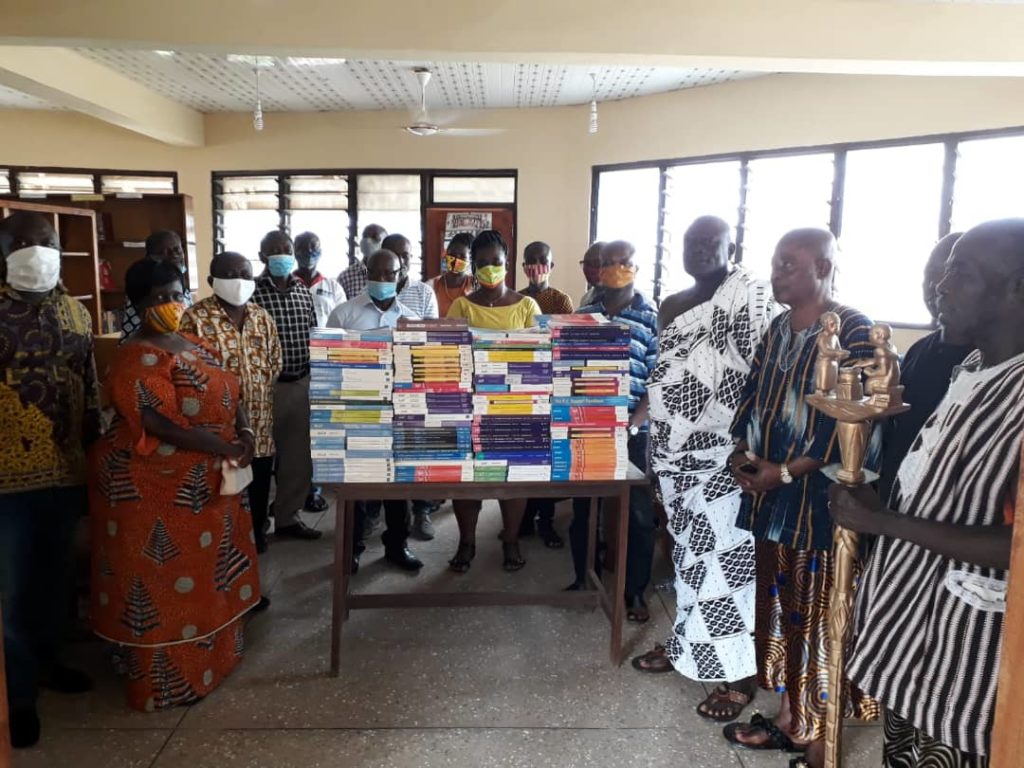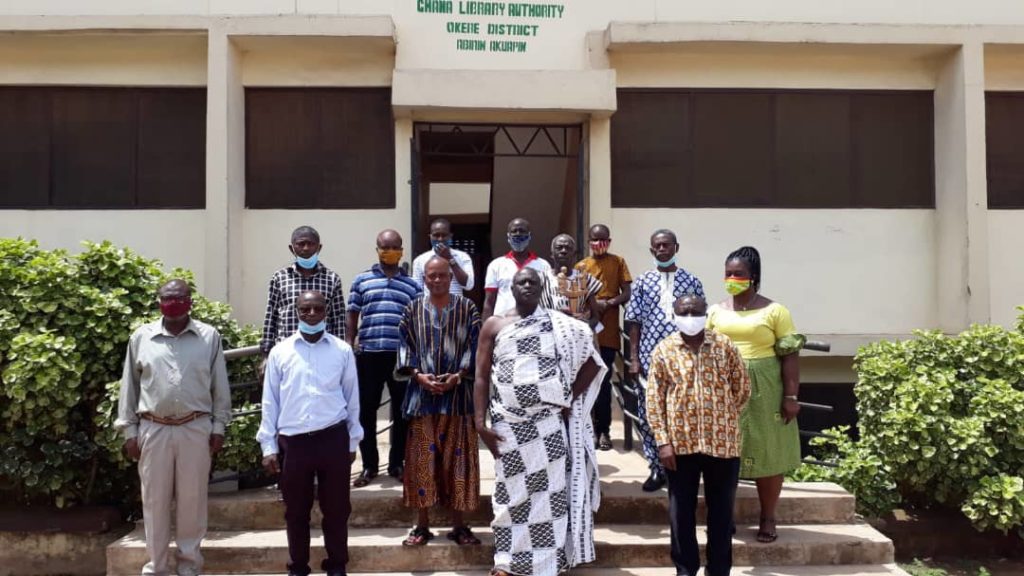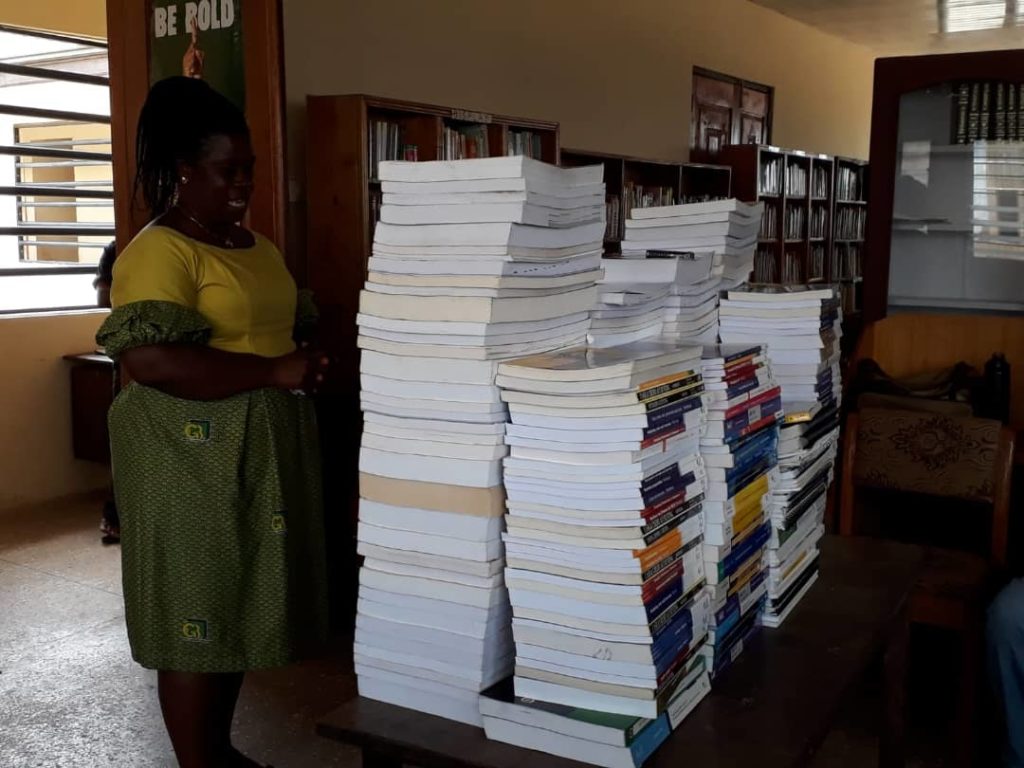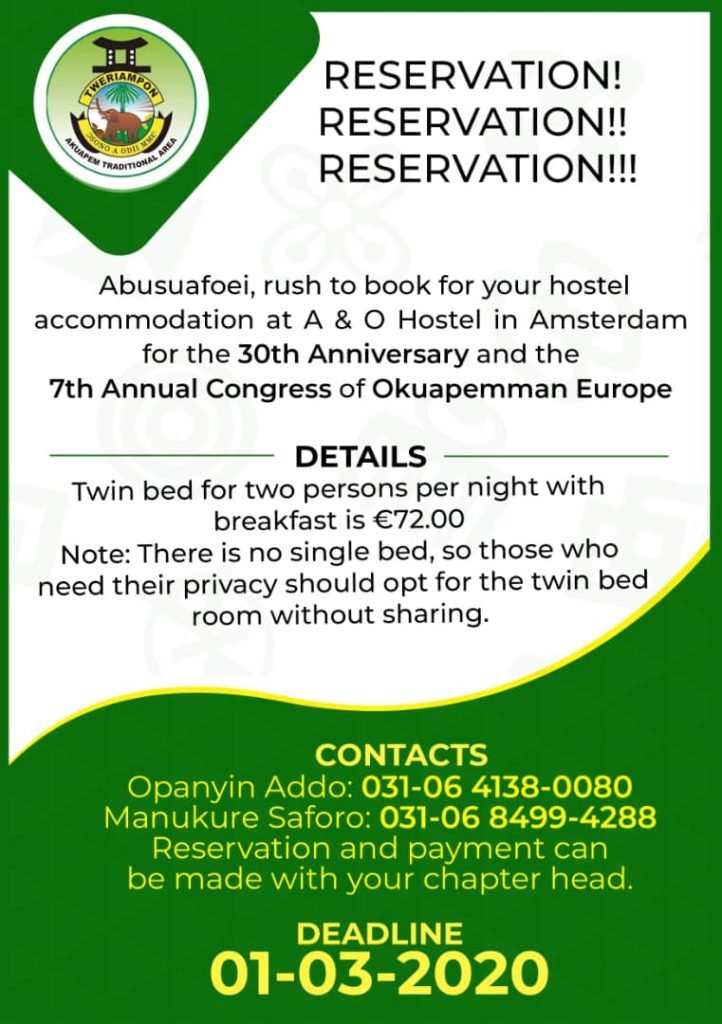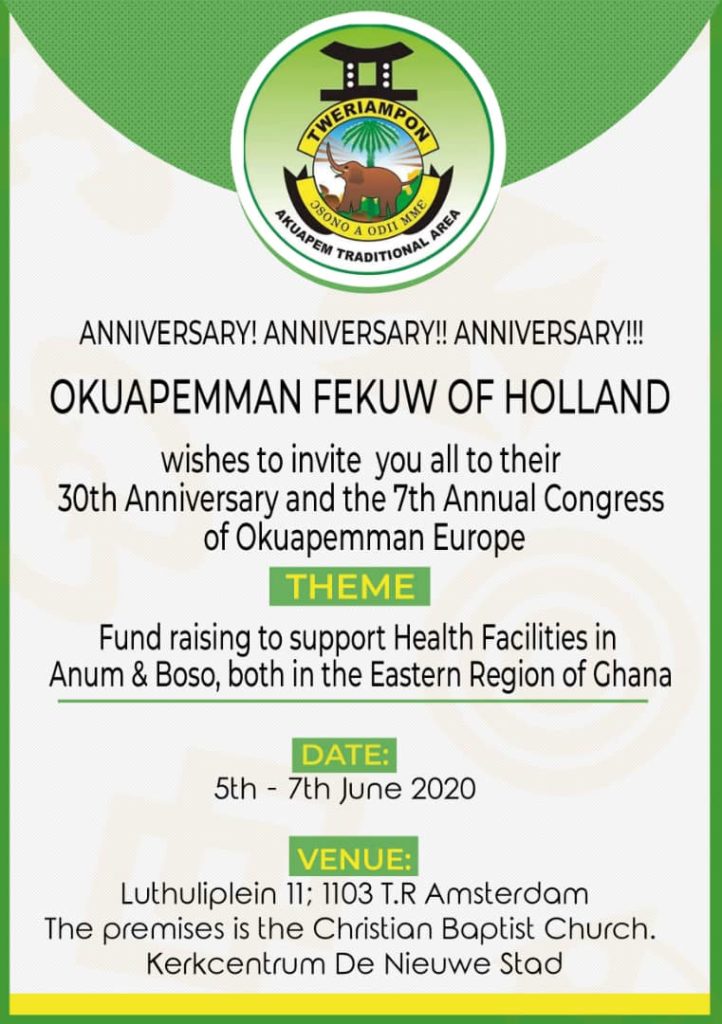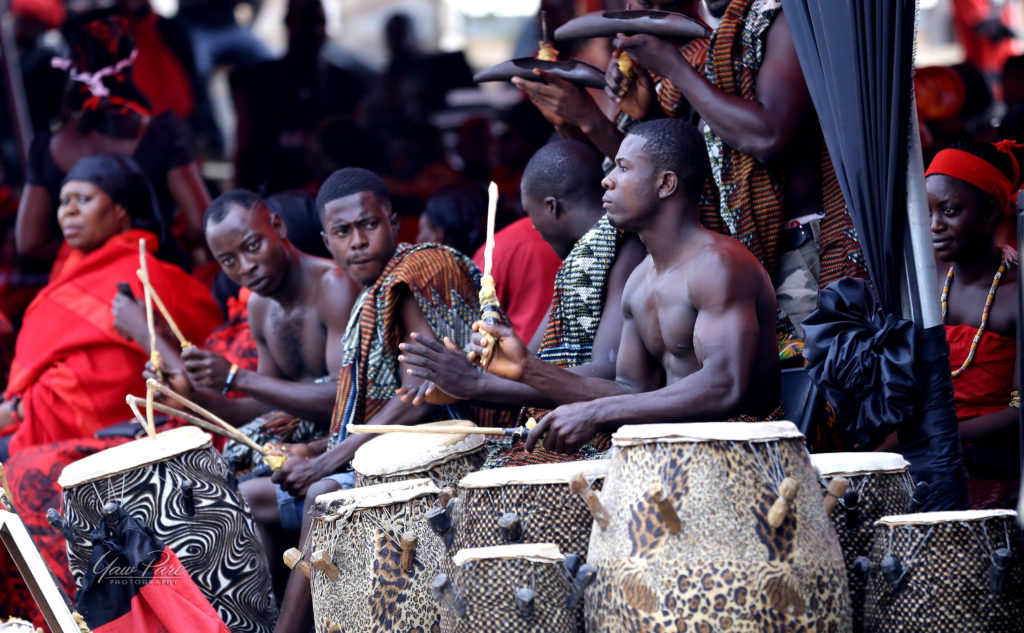OUTMODED CUSTOMS AT AKROPONG ABOLISHED.
Soon after Oseadeeyo Addo Dankwah 111 founded his feet as Okuapehene, he saw to it that certain customary practices which were existing at the time should either be reviewed or completely abolished to conform with the era of progress and enlightenment Since he believed that charity begins at home, he decided to enforce the decisions to ban these practices and taboos at Akropong in the first instance before it spread to Akuapem as a whole.
Akropong had abolished these practices since 1973, a year before he came to the scene, but it Looked as if their implemnetations were not as foolproof as needed. It was 12th December, 1973 that the Okoman Council of Akropong met at the Ahenfi and took decisions that these customary practices and laws had outlived their usefulness and had become outmoded,obsolete and either outlayed or covered with fetish trapping and superstitions beliefs.
The council believed that not only were these practices crude and undesirable but also their continued prevalence and observance within the society were wicked and detrimental to the present and future generations and must be abolished forthwith.
Oseadeeyo approved these decisions. So, in 1990, in consultation with his administration, the decisions were revived for enforcement.
They are :
KUNAYE{ WIDOWHOOD RITES}
The practice which allows the family of a deceased husband to impose certain painful and wicked punishments on the bereaved wife, and vice-versa, is a very inhuman and wicked custom which,not only infringes the international law of human rights, but also tantamount to cruelty.
The decision is that a widow or a widower should be treated with compassion and decorum as anyother relative and no such customs is necessary at this time and age. All what she or he should be
entitled to suffer is absolute sympathy and the payment of ́Abusuatow ́ which every relative is made to pay.
ADURUGYE:
The custom connotes fetishism in character and in content and must be abolished. With the abolishing of ́Kunaye ́ goes with the abolishing of the so- ́Adurugye ́. If there is no unaye ‘the Ḱ question of Ádurugye ́ does not arise. In all its forms ́Adurugye ́ as its name implies as pagan and has no place in enlightened society, irrespective of houses, and it is abolished.
ATOFOYI: The custom which does not permit the body of a woman who dies at child birth to be brought into the town or the body of a person who dies in an accident suffers the same fate is also abolished.
Such ill fated bodies can now be brought home for what funeral arrangements a family intends to follow. The practice of ATOFOYI is hereby abolished.
NNA- KYIRI
Funeral celebration of all kinds should now not exceed the period of three weeks. The final obsequies and thanksgiving services should all be observed within a three week period, irrespective of class.
FUNNYATU:
FUNNYATU whereby a sheep is slaughtered on the ground after a funeral and a handful of salt is put into the blood after the appointment of a successor to the deceased, purporting to be a purification rite, is abolished. It is an unhealthy custom. Furthermore, the practice whereby some of
the blood used is poured into a bowl and sprinkled on everyone present at the funeral, as a sign of purification is also unhealthy and, therefore, discarded.
EXTERMINATION OF A CHILD;
The custom whereby the child of the mother dies during child-birth is exterminated is inhuman, wicked and an abominable act and therefore abolished.
CIRCUMCISION:
In the olden days circumcision was considered to be an evil omen and a taboo for all Akan stools in Ghana. Anyone who, therefore,was circumcised was not, by custom allowed to be installed in Akan chief. As time goes on and the veil is lifted, it has now become clear for the custom regarding circumcision to be assimilated with other tribes in Ghana. Circumcision, as a bar to enstoolment is therefore found not to be progressive and is discarded to suit the present era.
EXPELLING A DESTOOLED CHIEF INTO EXILE:
The custom whereby a destooled chief, especially a paramount chief, is expelled into exile, while all
other chiefs are left to stay in their towns is abolished. Any chief so destooled should be allowed to
live in the same tranquil atmosphere in the town as a private citizen.
RESTRICTION ON FARMING ON FRIDAYS:
The practice whereby it is considered an evil omen to fetch water in some rivers on Fridays, like the Nyadabi, is discarded. Restrictions on farming on Fridays and Mondays in some parts in the town are revoked

